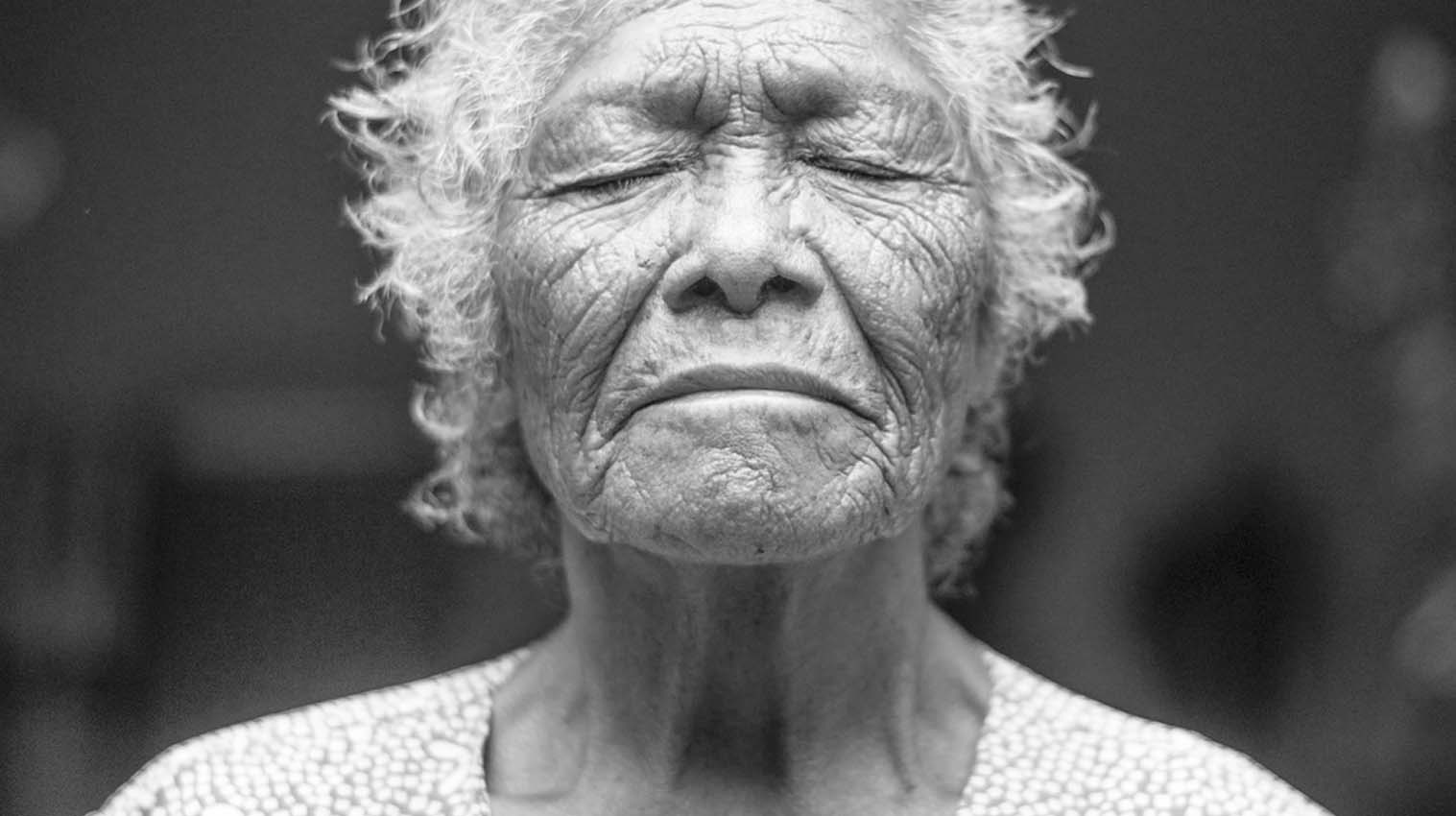Het onderzoek van Geschwind is gepubliceerd in:
- Journal of Consulting and Clinical Psychology 2011, Vol. 79, No. 5, 618–628
- The British Journal of Psychiatry published online August 9, 2012
- J Consult Clin Psychol. 2011 Oct; 79(5): 618-28.
Mindfulness training increases momentary positive emotions and reward experience in adults vulnerable to depression: a randomized controlled trial.
Geschwind N, Peeters F, Drukker M, van Os J, Wichers M.
European Graduate School for Neuroscience, SEARCH, Department of Psychiatry and Psychology, Maastricht University Medical Centre, 6200 MD Maastricht, the Netherlands.
Abstract
OBJECTIVE:
To examine whether mindfulness-based cognitive therapy (MBCT) increases momentary positive emotions and the ability to make use of natural rewards in daily life.
METHOD:
Adults with a life-time history of depression and current residual depressive symptoms (mean age = 43.9 years, SD = 9.6; 75% female; all Caucasian) were randomized to MBCT (n = 64) or waitlist control (CONTROL; n = 66) in a parallel, open-label, randomized controlled trial. The Experience Sampling Method was used to measure momentary positive emotions as well as appraisal of pleasant activities in daily life during 6 days before and after the intervention. Residual depressive symptoms were measured using the 17-item Hamilton Depression Rating Scale (Hamilton, 1960).
RESULTS:
MBCT compared to CONTROL was associated with significant increases in appraisals of positive emotion (b* = .39) and activity pleasantness (b* = .22) as well as enhanced ability to boost momentary positive emotions by engaging in pleasant activities (b* = .08; all ps < .005). Associations remained significant when corrected for reductions in depressive symptoms or for reductions in negative emotion, rumination, and worry. In the MBCT condition, increases in positive emotion variables were associated with reduction of residual depressive symptoms (all ps < .05).
CONCLUSIONS:
MBCT is associated with increased experience of momentary positive emotions as well as greater appreciation of, and enhanced responsiveness to, pleasant daily-life activities. These changes were unlikely to be pure epiphenomena of decreased depression and, given the role of positive emotions in resilience against depression, may contribute to the protective effects of MBCT against depressive relapse.
Br J Psychiatry. 2012 Aug 9. [Epub ahead of print]
Efficacy of mindfulness-based cognitive therapy in relation to prior history of depression: randomised controlled trial.
Geschwind N, Peeters F, Huibers M, van Os J, Wichers M.
Maastricht University Medical Centre, The Netherlands, and Research Group on Health Psychology, CLEP, Department of Psychology, University of Leuven, Belgium.
Abstract
BACKGROUND:
There appears to be consensus that patients with only one or two prior depressive episodes do not benefit from treatment with mindfulness-based cognitive therapy (MBCT).
AIMS:
To investigate whether the effect of MBCT on residual depressive symptoms is contingent on the number of previous depressive episodes (trial number NTR1084).
METHOD:
Currently non-depressed adults with residual depressive symptoms and a history of depression (≤2 prior episodes: n = 71; ≥3 episodes: n = 59) were randomised to MBCT (n = 64) or a waiting list (control: n = 66) in an open-label, randomised controlled trial. The main outcome measured was the reduction in residual depressive symptoms (Hamilton Rating Scale for Depression, HRSD-17).
RESULTS:
Mindfulness-based cognitive therapy was superior to the control condition across subgroups (β = -0.56, P<0.001). The interaction between treatment and subgroup was not significant (β = 0.45, P = 0.16).
CONCLUSION:
Mindfulness-based cognitive therapy reduces residual depressive symptoms irrespective of the number of previous episodes of major depression.






















